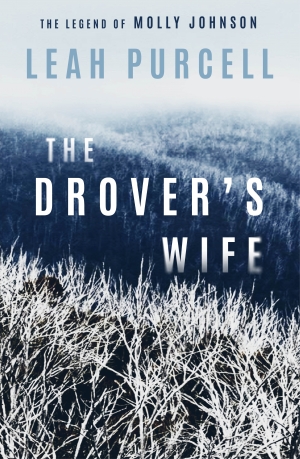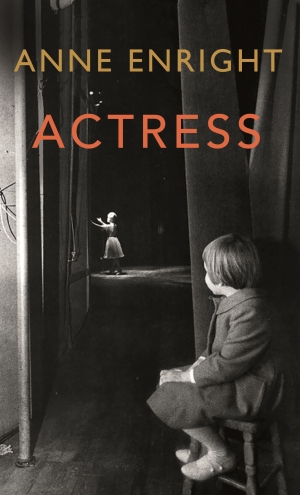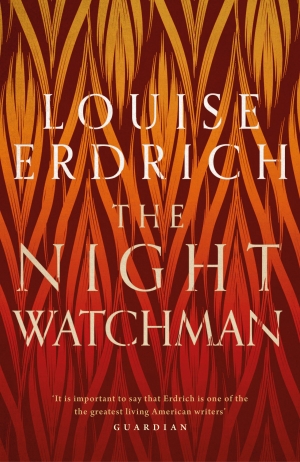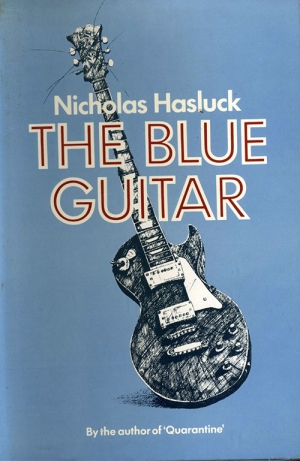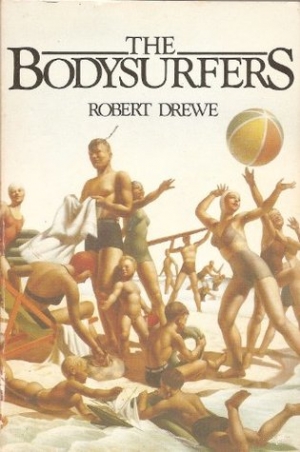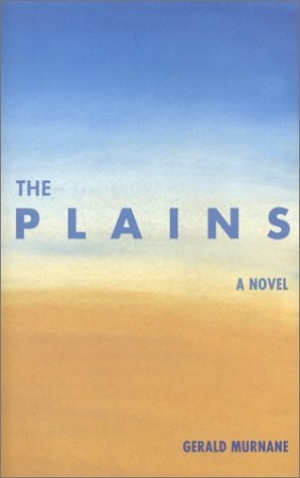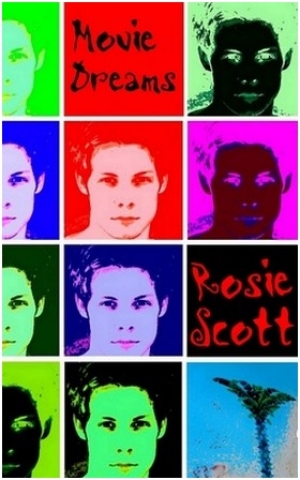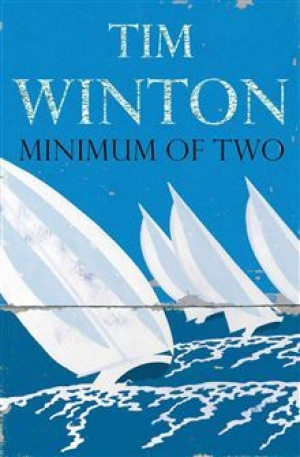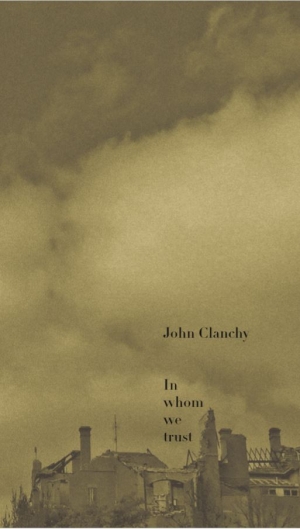Fiction
Ellen van Neerven reviews 'The Drover’s Wife: The legend of Molly Johnson' by Leah Purcell
Leah Purcell has described how her lifelong fascination with Henry Lawson’s iconic 1892 short story provided her with abundant creative ammunition. Her mother read her the story when she was five; it held a special place for them both. ‘I’d say the famous last line: “Ma, I won’t never go drovin ... she’d tear up”.’
... (read more)Peter Craven reviews 'The Book Of Dust, Volume Two: The Secret Commonwealth' by Philip Pullman
Philip Pullman must be one of the weirdest figures to emerge from the sometimes dark woods of children’s writing. Not the least striking thing about him is that the woods can be very dark, Dante-dark, indeed. At the same time, he does not have the ballast of those two mutually despising inklings to whom he is routinely compared, C.S. Lewis and J.R.R. Tolkien, in having the deeper comforts of anything like the Christian mythology that feeds into the Narnia books, or the way in which The Lord of the Rings summons up a universe of Gothic and Germanic ring-lore and then shows how it works with tremendous moral force and with snow-white magic against all the putative and primeval Nazism in the world.
... (read more)Anne Enright has never been able to resist the tidal pull of mothers; her novels are animated by complex, ambivalent maternal presences, women rendered on the page with duelling measures of hatred and hunger, empathy and censure. There is the mercurial tyrant Rosaleen Madigan of The Green Road (2015), ‘a woman who did nothing and expected everything’. There is the hapless, hazy Maureen Hegarty of the Booker Prize-winning The Gathering (2007), erased by her endless pregnancies and too many children; ‘a piece of benign human meat, sitting in a room’.
... (read more)Louise Erdrich would never write again. The National Book Award-winning author was bereft of ideas and exhausted by a tenacious winter virus. She surrendered to sleep, heavy with the certainty that her literary career was over. ‘Hours later, I was jolted awake by some mysterious flow of information,’ Erdrich explains in the afterword of her new novel, The Night Watchman, a glorious rebuke to her fever-addled defeatism. A message beat in her brain: go back to the beginning. ‘I made myself a shaky cup of tea,’ she writes, ‘and then, as I’ve done so many times in my life, I began to read letters written the year I was born, my grandfather’s letters.’
... (read more)Cassandra Pybus reviews 'The Blue Guitar' by Nicholas Hasluck
In the wake of the spectacular collapse of Rothwells and unsavoury revelations about Western Australian entrepreneurial enterprise, it is very apposite for Penguin to have republished Nick Hasluck’s 1980 novel, The Blue Guitar. This novel, as relevant now as nine years ago, deals with the world of entrepreneurship with its illusory money, fast talk, and duplicity. It is a world of the corrupt and the corruptible, where principles and moral certainties give way before glib notions of innovative thinking and flexibility.
... (read more)This collection of twelve stories by the author of The Savage Crows and A Cry in the Jungle Bar seeks to explore and define what Drewe sees as a part of our national psyche, the preoccupation with the coast and with the ‘careless violent hedonism’, as one of the characters puts it, of beach life. In ‘Looking for Malibu’, David Lang, who appears in several of the stories, defines it for a then fellow expatriate in a discussion about criminals on the run. ‘If their enemies were middle-class Australians they’d know where to look for them,’ he says. ‘You know something? When Australians run away they always run to the coast. They can’t help it. An American vanishes, he could be living in New Mexico, Arizona, Colorado, the mountains, the desert, anywhere. Not an Australian-he goes up the coast or down the coast and thinks he’s vanished without a trace.’
... (read more)The Plains is a book for the critic, not the mere reviewer. It is a strange creature, to be approached with care. Several omens made me cautious. My review copy reached me three months after the date of posting.
... (read more)There’s a line in the film Out of the Past: ‘I think I’m in a frame, I’m going in there to look for the picture.’ Reading this book is a bit like that. Not that Scott necessarily writes with one eye on the film rights (though Movie Dreams may well translate effectively to film), but because the book is largely an exploration of the influence of popular movies on the imaginative life – especially the imaginative life of a troubled adolescent who once had film school aspirations.
... (read more)A little puce head slipped out, followed by a rush of blood and water. Jerra saw it splash onto the gynaecologist’s white boots. Across Rachel’s chest the little body lay tethered for a moment while smocks and masks pressed hard up against Rachel’s wound. He saw a needle sink in. Someone cut the cord. Blood, grey smears of vernix. The child’s eyes were open. Jerra felt them upon him. From the little gaping mouth, pink froth issued. They snatched him up.
... (read more)The Royal Commission into Institutional Responses to Child Sexual Abuse has revealed systemic mistreatment of vulnerable children over decades. Though these crimes have not been the exclusive province of the Catholic Church, its education system has brought more children into intimate care by religious orders, and even those never abused have observed the tics of brutality in some of their teachers and mentors. In a note at the end of his new novel, In Whom We Trust, John Clanchy mentions James Joyce’s hell-fire sermon in A Portrait of the Artist as a Young Man (1916) and the recurrence of these ‘tropes of terror’ in the rhetoric he heard as a Catholic schoolboy in 1960s Melbourne. The system has long-standing practices of psychological control.
... (read more)
